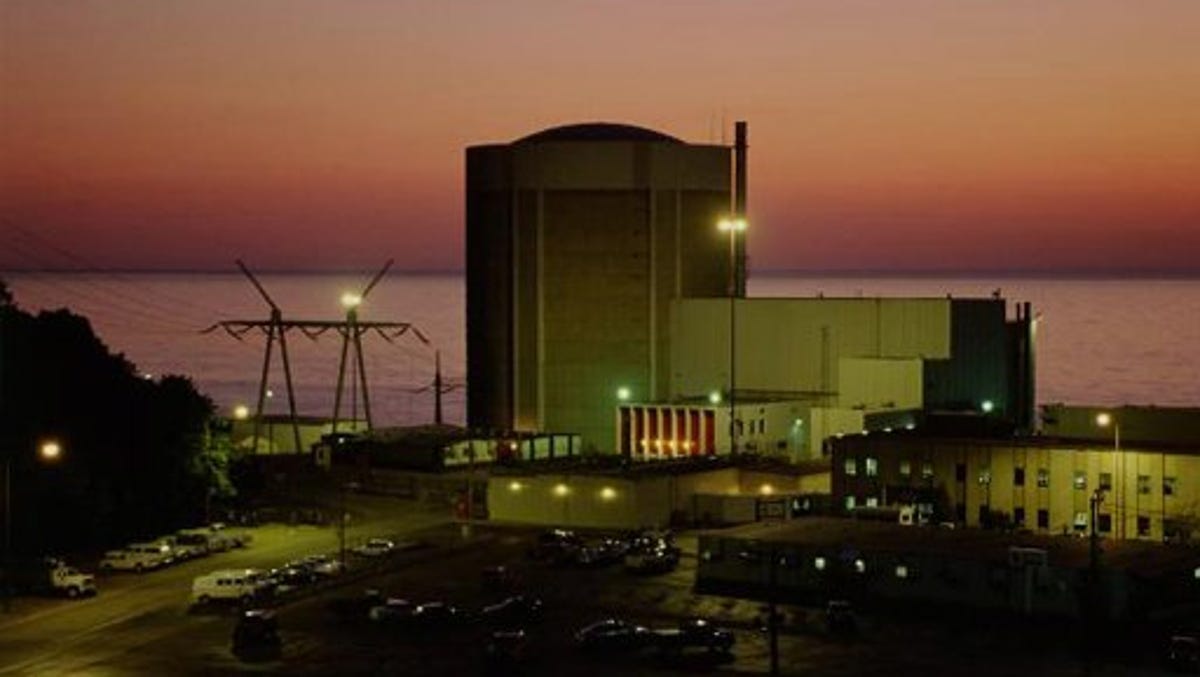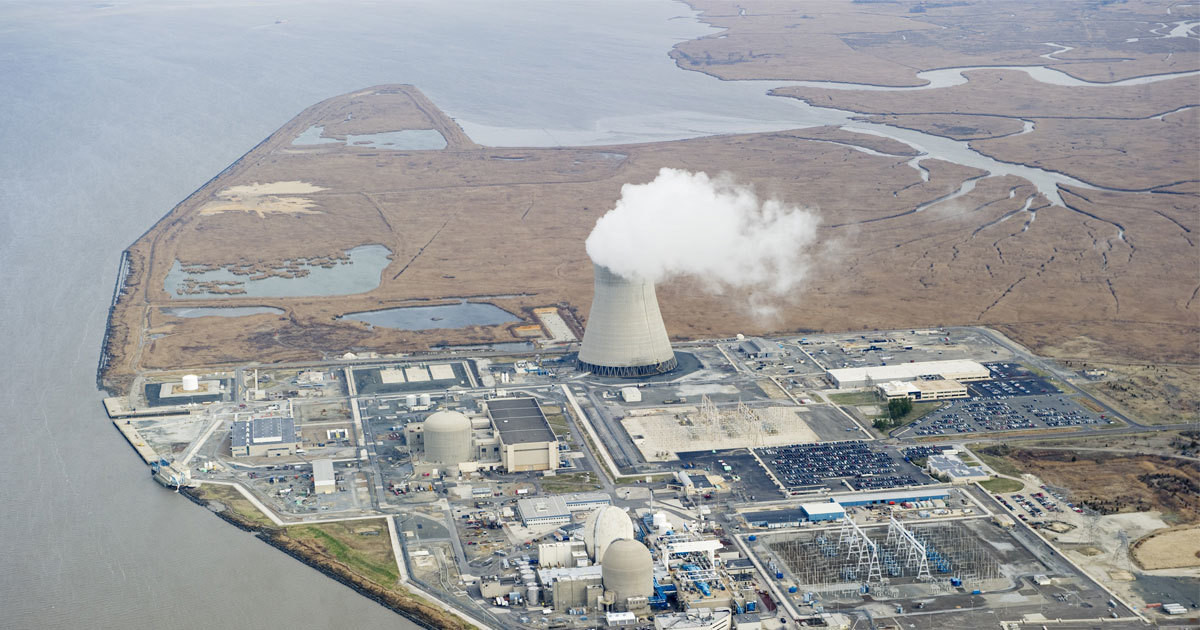Unlike dictatorships, democracies are sold on the idea that voters have a choice. Debates preceding elections offer candidates a chance to spar like boxers over the best way to advance the public good. Politicians who dare deviate from the party line are threatened with primary opposition, even recall.
The Greeks, who invented democracy about the same time they gave life to the concept of stage theater, saw all this debate as a good way to keep the door open to promising ideas. The thinking was that conflict leads to creativity.
In the same way that conflict is typically at the heart of any good novel, play or film, political organizing depends on making sure voters remain on edge. The threat of the “other side” winning is always a powerful fundraising tool.
For all these reasons you might think that when both parties put aside their differences, the public wins. Unfortunately the evidence suggests otherwise.
To understand the challenge, have a look at this story I published in the Detroit Free Press about the plan to reopen the Palisades Nuclear Reactor near South Haven, a long time favorite resort getaway of the Chicago Jewish community.

In much the same way that the disastrous Fermi 1 reactor introduced commercial atomic power failures to Michigan in the 1960s — have a look at John G. Fuller’s classic expose We Almost Lost Detroit — the attempt to resuscitate the Palisades Reactor is likely to be dead on arrival. This is the first time any government has attempted to restart a closed reactor set for decommissioning.
This Nuclear Regulatory Commission, Department of Energy and State of Michigan antique roadshow on the Lake Michigan shoreline raises many questions about a bipartisan giveaway requiring an $8.3 billion taxpayer subsidy.
It would be easy to chalk this up to the $128 million showered on both political parties by utilities to influence federal, state and local political leaders.

To have a look at the worst case scenario on how this money machine has promoted scary Ohio nuclear power plants on Lake Erie at the expense of carbon free wind power visit this story:

Of course all of this lobbying leads to higher rates for consumers:

One of the reasons this well financed influence peddling is succeeding here at Palisades and elsewhere is the fiction that nuclear energy is green.

“The clean nuclear power argument from the Nuclear Regulatory Commission and the Department of Energy is nonsense,” says Stanford’s Dr. Mark Jacobson, one of the world’s leading experts on climate policy and energy economics.
“Mined uranium does not show up in perfect form. It must be refined, which takes a lot of energy and causes pollution. Nuclear reactors are belching huge amounts of water vapor and heat, contributing to local and global warming. Evaporated water from the giant steam generators is a greenhouse gas.”
There is also the fact that nuclear power is so expensive that dozens of reactors are being closed or simply abandoned in the planning stage.
“New nuclear power plants cost 2.3 to 7.4 times those of onshore wind or utility solar PV per kWh, take five to 17 years longer between planning and operation, and produce nine to 37 times the emissions per kWh as wind,” says Dr. Jacobson.
A key reason why Michigan Democrats and Republicans who normally fight one another with feral intensity are backing the Palisades restart is an $8 billion gift in federal subsidies. Coupled with $300 million expected from state taxpayers, that amounts to an astonishing $20 million per job created.
According to Dr. Jacobson, reopening the plant, instead of investing the same money in green wind and solar, guarantees higher utility rates. Consumers in the Palisades service area were paying a 50 percent premium for electricity before the financially unsustainable plant was shut down in 2022. Costs of energy from a reopened Palisades reactor are so high that the Department of Agriculture is already preparing to dole out customer subsidies.
In 2022 Entergy, one of the nation’s most experienced nuclear power plant operators, sold the plant for scrap because it had lost subsidies that kept Palisades alive. They want absolutely nothing to do with this plant that is being restarted by a company that has never built or operated a nuclear reactor.
Clearly American taxpayers and Palisades rate payers are going to foot the bill for this bipartisan mistake. Keep in mind that this obsolete reactor, near the end of its lifespan, is likely to be replaced within a decade by green wind, solar and battery storage.
Because their votes are compromised by political donations, these politicians are increasing energy costs for their constituents. This approach will also make our state less competitive in terms of attracting new industry and technical talent.
Unlike wind and solar there are ongoing safety and radioactive waste disposal risks to nuclear power. As long as energy policy decisions are controlled by the highest bidders, the Palisades restart scenario is likely to play out across the country.
Consider letting your elected representatives know how you feel about reviving this reactor. Ultimately it’s up to us, the voters, to put an end to this bipartisan mistake by the lake.
Roger Rapoport’s latest book is Searching for Patty Hearst (pattyhearst.com) rogerrapoport.com




Comments
Sign in or become a Nu?Detroit member to join the conversation.
Just enter your email below to get a log in link.